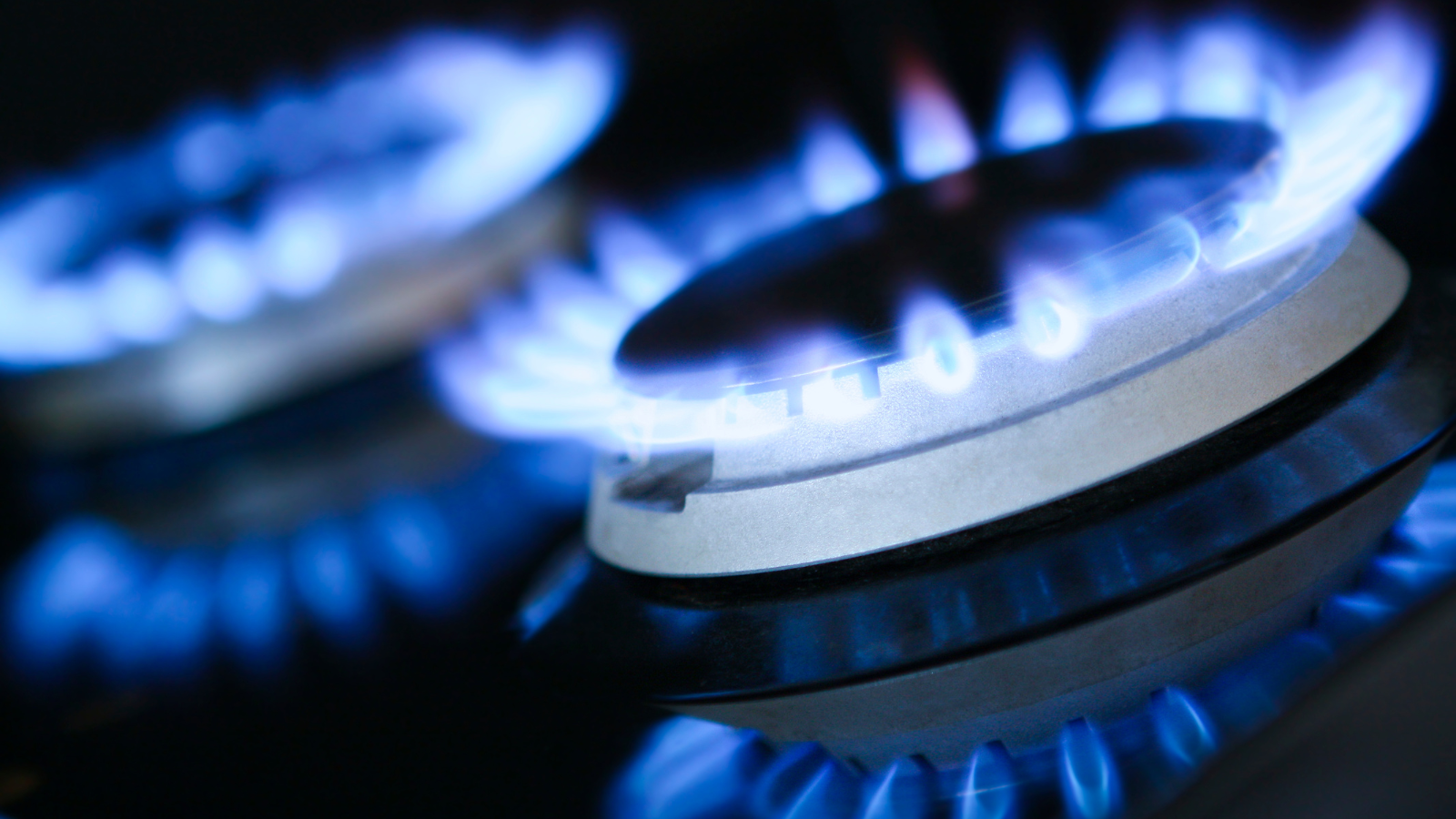Utility Regulators Slash Gas Company Revenues Thanks to Priority Bill by Senate Democrats
By Joe O’Leary
November 27 @ 9:00 am

The Public Utilities Regulatory Authority voted 2-1 last week to reduce the revenues of Connecticut Natural Gas and Southern Connecticut Gas instead of approving a rate increase sought by the utility companies.
The vote will cut some natural gas customers’ bills from December 2024 to November 2025. The regulators’ rejection of the gas companies’ rate proposal stems in part from legislation spearheaded by Senate Democrats in 2023 that strengthened utility regulations.
The PURA decision called for a $24 million reduction in CNG’s revenue, a decrease of about 5.4%, while SCG will see a reduction of $11 million or 2.5%. The cuts represent a monthly savings of up to $8 for CNG customers and about $4 for SCG customers.
In a statement supporting PURA’s decision, Connecticut Attorney General William Tong said that a 2023 earnings report from CNG showed the company over-collected customer payments by about $8 million, and half of those funds were distributed to shareholders.
“Let’s remember how we got here—CNG over-collected millions of dollars from ratepayers,” Tong said. “Then they turned around and asked for millions more. Their rate demands were packed with inflated profits and unnecessary expenses. PURA was absolutely right to slash their revenue.”
Tong noted that there were several areas in the companies’ initial rate requests where they sought “unjustified and unwarranted” funds and may have sought to recover expenses, which state law now prohibits them from recouping.
A Nov. 18 report by WFSB cited Senate Bill 7, passed by legislators in 2023 to better regulate the state’s energy grid. The law was a priority bill from Senate Democrats and included new restrictions on the types of expenses that utility companies are permitted to recover from ratepayers.
The law now bars utility companies from recouping costs associated with things like lobbying, advertising, marketing and board of directors or office travel, food and lodging. WFSB found that the SCG and CNG rate requests sought to recover some of those prohibited expenses.
According to the report, PURA rejected more than $600,000 of funds asked for by CNG and SCG and barred by Senate Bill 7. The companies claimed that they considered parts of Senate Bill 7 to be unconstitutional when asked why they included the requests.
PURA and the Office of Consumer Counsel said such costs would only benefit shareholders of the companies’ parent company, Avangrid.
“I think that they wanted to make sure that reasonable and customary charges in the course of doing business, some of them should be allowed, some of them should not be allowed, for things like advertising, marketing and promotion and lobbying and board of directors,” State Senator Norm Needleman told WFSB.
Senate Bill 7 included prohibitions on regulated utilities seeking increased profits through rate decoupling, as well as provisions stopping utilities from charging ratepayers for rate case costs and allowing consumer groups or small businesses to receive compensation to participate in rate cases. All of these steps are expected to make energy utility costs more transparent and benefit consumers in years to come.
More than 380,000 natural gas customers across Connecticut will see these declines in their bills starting next month.
Share this page: